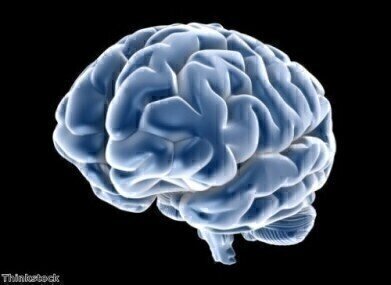-
 Social workers can help mild traumatic brain injuries
Social workers can help mild traumatic brain injuries
News
Social workers can help mild traumatic brain injuries
May 07 2014
A researcher at the University of Washington (UW) has found that a brief conversation between a social worker and a patient with a mild traumatic brain injury could help recovery.
A 20-minute conversation has the potential to significantly reduce the functional decline of those diagnosed with a mild traumatic brain injury, according to the study published in the April issue of Brain Injury.
Dr Megan Moore is currently working in the UW’s School of Social Work to train social workers in emergency departments to have the resources for patients with this type of brain injury to try and aid their recovery process.
She said: “Social workers are masters-level trained clinicians who are already embedded in emergency room treatment teams."
“The goal of my work is to provide them with specialised training on mild traumatic brain injuries to help bridge the psychological and social aspects of treatment with medical care.”
Traumatic brain injury is caused by the brain being made to move quickly within the skull from an sudden outside force. This can damage both the nervous system and consciousness but most cases are considered mild. However, though less serious than some other brain injuries, the risk of mild brain damage is that it is harder to detect.
This means it can cause unexplained changes in physical, cognitive, behavioural or emotional behaviour, and is particularly risky as many patients don't seek medical attention.
Patients can often feel fine, which makes it more important that social workers are on-hand in the emergency room to carry out a full assessment, according to Dr Moore.
“It’s a critical intervention point not only for the patients with mild traumatic brain injuries, but also for patients with other types of medical and psychosocial problems,” she said.
Her study, currently running at San Francisco General Hospital, involves medical staff referring patients with mild traumatic brain injuries to social workers, who then provide education, coping strategies, resources and a brief alcohol intervention screening.
Dr Moore’s initial research demonstrated that a conversation lasting just 20 minutes could significantly help a patient's recovery process, and prevent functional decline.
Digital Edition
Lab Asia Dec 2025
December 2025
Chromatography Articles- Cutting-edge sample preparation tools help laboratories to stay ahead of the curveMass Spectrometry & Spectroscopy Articles- Unlocking the complexity of metabolomics: Pushi...
View all digital editions
Events
Jan 21 2026 Tokyo, Japan
Jan 28 2026 Tokyo, Japan
Jan 29 2026 New Delhi, India
Feb 07 2026 Boston, MA, USA
Asia Pharma Expo/Asia Lab Expo
Feb 12 2026 Dhaka, Bangladesh


















